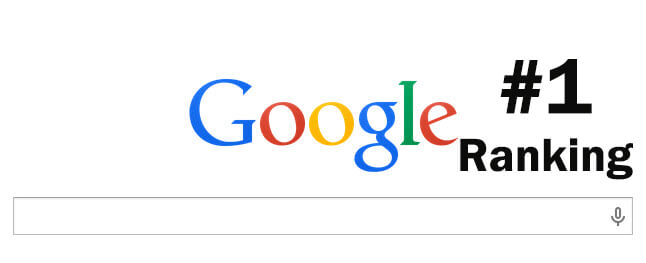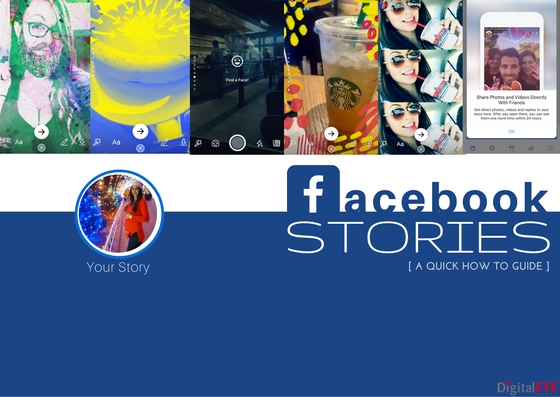Why High SERP Rankings May Not Increase Sales and Profits
The search engine results page (SERP) is where the search engine directs the user when he or she types in a search query. A single results page may contain a combination of keyword-relevant results for paid ads, local searches, and organic, or algorithm-based, searches.
Despite the fact that more than 90 percent of users never venture beyond the first page of results, even a page one ranking for your keyword is no guarantee of financial reward. While digital marketing may not be rocket science, successful conversion does require the correct application of basic on-site and off-site optimization techniques.
Start with the Right Conversion Offer
Conversion is simply the end result that you want to funnel your website visitors to. Common conversion goals include
- Offering free information, a price quote, or a no-obligation consultation in exchange for the visitor’s email address or telephone number. These goals are appropriate for most product categories.
- Offering a free trial of your product or service.
- Convincing your visitors to make an online purchase. If a one-step close is appropriate for your product category, make sure that your offer is for a simplified version of your product that can be easily explained and is relatively low-priced.
Whatever conversion goal you decide on, it should be as unique to your company as possible. Take attorneys for example – every law firm offers a free consultation; if you’re a DUI attorney, differentiate yourself from your competition by offering a valuable wallet-sized laminated guide on what to do and what not to do if arrested for DUI.
Create an Effective Call-to-Action Landing Page
A landing page is a one-page mini website with a single purpose: to sell your visitor on whatever conversion offer you’re making with a direct and clear-cut call-to-action.
- Make it clean and simple. Don’t distract visitors with text about how long you’ve been in business, or present a detailed run-down on your entire product line. Sell the value of your conversion offer, offer a simple and direct call-to-action, and that’s all.
- Feature a video if possible. You can grab and hold a visitor’s attention much better with a video than you can with text.
- Don’t turn off visitors by asking for too much information at this early stage. If all you really need to deliver your offer is an email address, leave it at that. Once you hook a visitor, you’ll have plenty of opportunities later on to collect street addresses, income levels and so on.
Optimize Your Landing Page with Your Best Target Keywords
- Make sure you’re targeting buyer-intent keywords. These are the keywords chosen by users when they’re in a buying mode. “Find a limo rental” would most likely be chosen by someone doing research or looking for a DIY solution; “how to start a limo rental company” indicates someone in dire need of transportation.
- Use the Google Keyword Planner to see how many searches your potential keywords are generating as well as to gauge the amount of competition you may be facing when you try to rank for those keywords.
- Stick with long-tail keywords as much as possible. These are the more detailed, longer keyword phrases that better target particular problems or questions that users are experiencing. While long-tail keywords usually have lower search volume than shorter, more generalized keywords, they tend to have less competition and may be easier to rank for.











